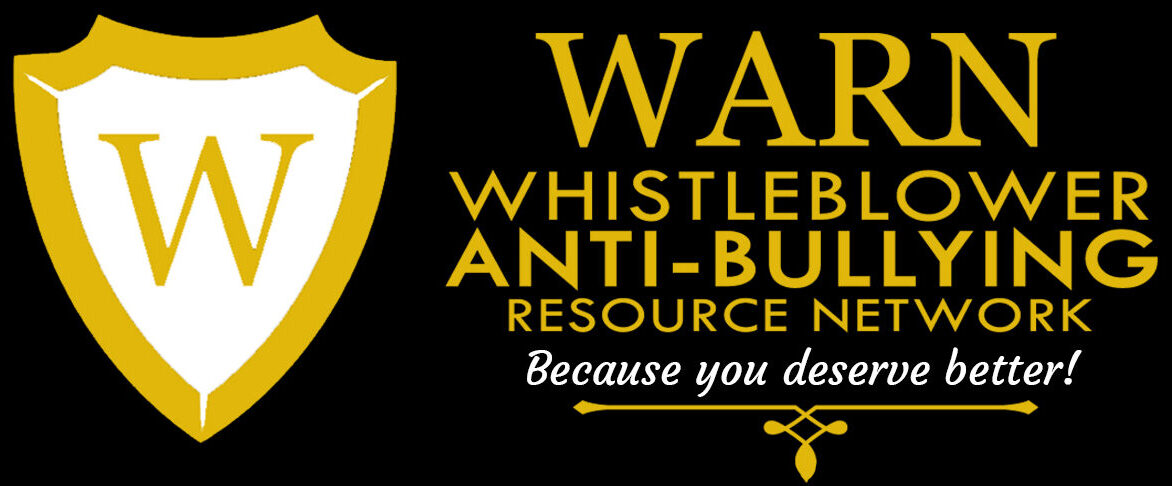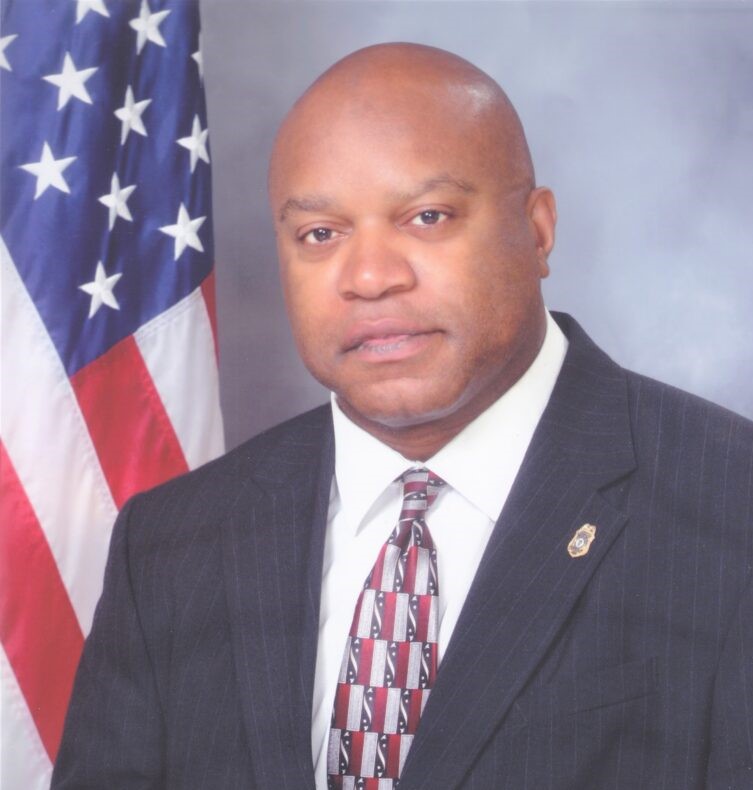*This article printed by The Daily Progress Newspaper in Charlottesville, VA
As an internationally recognized subject matter expert on anti-bullying, it has been suggested that I write a piece connecting the George Floyd atrocity to bullying. Initially, I rebuffed this request. How could I, an African American/Native American man, even approach such a tragedy without discussing race – which is historically at the very core of police brutality in America?
Yet I am buoyed by the fact that the racial issue will be addressed in the media. Thus, I am now able to commit pen to paper and draw parallels between the George Floyd tragedy and bullying.
But first, what are my unique qualifications to discuss policing in America and bullying? As to the former, unlike most commentators, I actually have law enforcement experience. I served for five years as the Deputy Director of the Transit Police Department, Massachusetts Bay Transportation Authority, Boston Headquarters. I served as a police executive and a member of the Command Staff, where I oversaw community policing within a department with virtually statewide jurisdiction – one of the largest Transit Police Departments in the country.
As to the latter issue of bullying, I served as the Anti-Harassment Unit Program Manager for the U.S. Department of Homeland Security (DHS) Headquarters, Washington, DC. I established the unit and investigated complaints of harassment, bullying and retaliation across DHS Headquarters. And to make matters personal, having experienced bullying myself by DHS management, I successfully filed legal action against DHS, reached an honorable settlement, wrote a book about my experience and founded the Whistleblower Anti-Bullying Resource Network (WARN).
Having solidified my qualifications to address this issue, what then is at the very core of bullying within any context – work, school, academia, home (as in domestic violence), and yes – policing? You may think the answer is “power.” But that is a common misconception.
There is nothing inherently wrong with possessing power. In the context of law enforcement, we as a society need to bestow a certain degree of power on police officers in order to perform their job and keep us safe.
For instance, society does not want to see a police officer, while observing a drunk driver speeding towards a school zone, politely ask the drunk driver to slow down, go home and sober up because children might get injured or killed by the drunk driver’s vehicle. We want to empower the police officer to activate her cruiser’s lights and siren, command the drunk driver to pull over, and – acting professionally and within the law – arrest the drunk driver so that he will not pose an immediate threat to children, staff and parents within the school zone.
The same principle applies in criminal investigations. If someone has been kidnapped, we want to empower police officers to act – professionally and within the law – to do everything possible to rescue the kidnap victim and possibly save the victim’s life.
Therefore, you see, power alone is not the issue when it comes to police bullying. Rather, the issue – as is the case with bullying within any context – is the UNACCOUNTABLE ABUSE OF POWER!
The subsequently jailed police officers in the Rodney King incident decades ago beat Mr. King to a pulp because they felt that their power was to be used totally at their discretion, fearing no accountability from their department or the public. As police officers, they knew that the power imbalance weighed tremendously in their favor.
If the victim were to fight back in self-defense against an unlawful use of force, the police officers could then either add charges of “resisting arrest” or “assaulting a police officer.”
Worse yet, they could escalate the situation to justify – in their mind – the use of deadly force. And, yes, in America, where the citizen defending himself is African American and the police officer applying unlawful deadly force is Caucasian, it would be an easy sell.
The major difference between the bully cop and the workplace bully – typically a manager bullying a subordinate – is that the bully cop can bring about immediate deadly consequences. Often with impunity, sadly.
Prior to serving as a police executive, I had the honor of serving as the Human Rights Director of Amherst, Massachusetts. In that capacity, I investigated civilian complaints of police bullying and harassment. That was one measure used by local government to prevent the abuse of police power, and to ensure police accountability.
Also, in my capacity as the Human Rights Director, I served on panels that hired police officers. I distinctly recall two interviewees – one, a Caucasian male who volunteered his opinion that all citizens deserve police protection – “except for gays… I look down on them.” Another interviewee – a dark complexioned African American male – shared with us that if it were the police chief’s policy to racially profile minorities (it was not the chief’s policy), then, just to “fit in,” he would racially profile if hired by our police department.
As the Human Rights Director, I was delighted to strike from the realm of possibility these two police candidates ever wearing a badge in Amherst. Both police officer candidates demonstrated their likelihood of becoming bully cops. As for the candidate who despised gay persons, a key element of the bullying psyche is that only his/her opinions matter in the universe.
His worldview reigns supreme.
As for the African American candidate, he exhibited a disposition that is more common in the workplace – coddling (kissing up) to the bully boss. If the police chief’s agenda was to abuse the badge by bullying racial minorities, then the African American police officer candidate would surrender his own morals, abuse his power and bully members of his own racial community in order to curry favor with the bully in charge.
As I find my hand and mind growing weary from writing this piece – struggling mightily to refrain from discussing a racially charged video that the world has seen, but that I find too heart wrenching to view as a Black man – a Native American man, a former police executive and former Human Rights Director – allow me to conclude on a hopeful note. I have spent many years with police officers in large cities, broken bread with them and attended training with them.
Most police officers seek to perform their duties honorably, and strive to prove themselves worthy in the eyes of society to wear the badge. They are mostly decent men and women who take the commitment “to serve and protect” seriously – and not just serve and protect middle class whites.
We know that there are corrupt, racist, bully cops out there. But the good news is that society does not have to merely stand idly by, mourning the loss of yet another human being at the hands of deadly bullying cops. Society creates police departments and determines, through laws enacted by elected officials, what range of authority to grant police officers.
Soon, unfortunately, the George Floyd story will fade to the back pages of the media, and the back corners of our collective memory. The question, then, is what can we as a society do now before this atrocious event evades us.
We can take back control. I have shared my experiences as a police executive where I helped train police officers in building community trust. I have also shared my prior experience as a city Human Rights Director, where I investigated alleged bully cops, and helped weed out bully cops as a member of the hiring committee before the bully ever got to wear the badge.
This is a model that any county, city, town, or village can follow, without hiring new personnel in hard economic times. I firmly believe that in every community, there are capable citizens ready to volunteer to help ensure that prospective bully cops are never hired – and cops proven to be bullies will soon be fired.
We must stop weeping and start working! Working towards a society where all law-abiding persons – not just privileged whites – will come to trust the ubiquitous promise of police officers: “To protect and serve.”
___________
Shenandoah Titus, Esq., is Founder and CEO of the Whistleblower Anti-Bullying Resource Network (WARN). He is author of The Whistleblower: Defeating Bullies, Harassers and Management Gang Retaliation. Visit www.warn-honor.com for more information.

